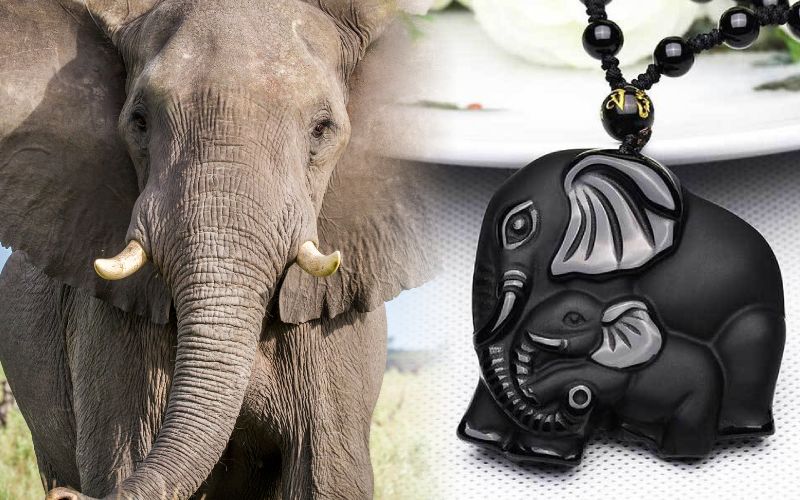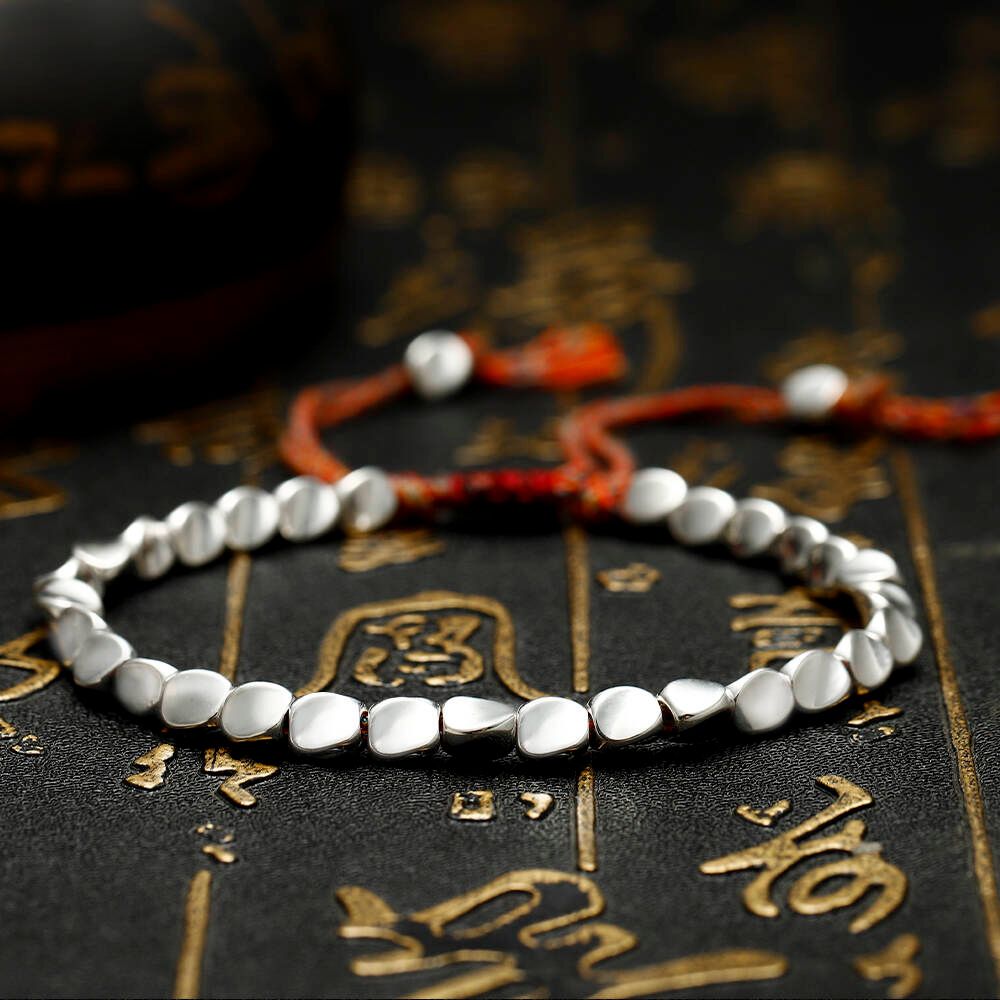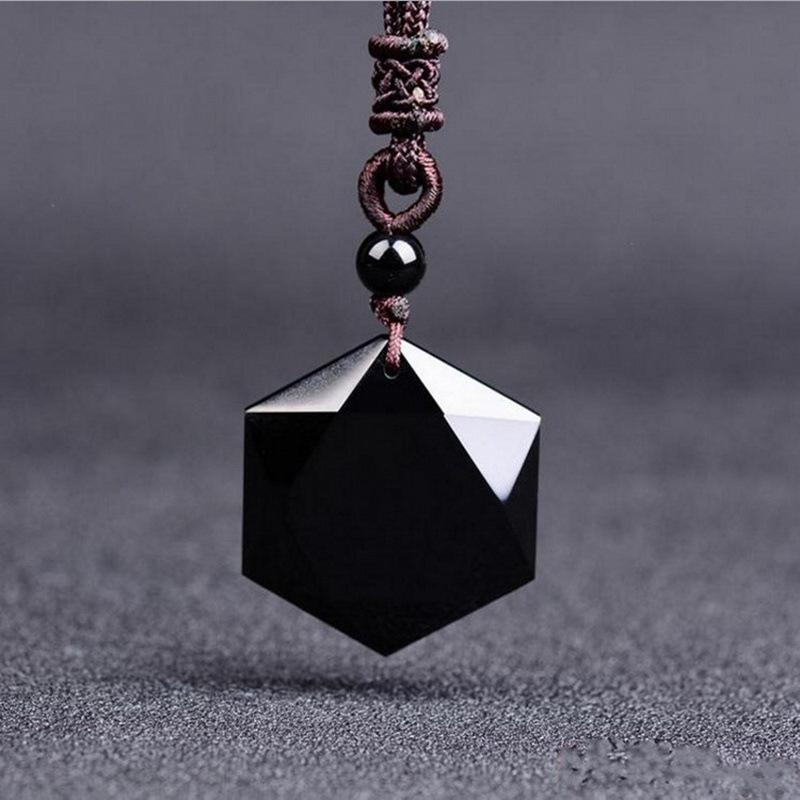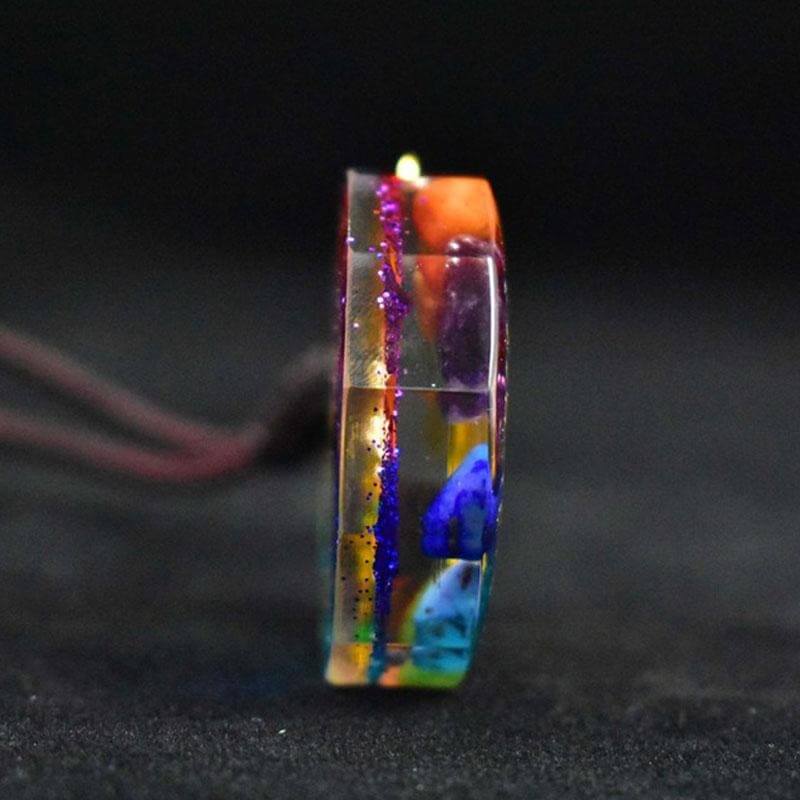Elephant Symbol in Jewelry: What is the Meaning of the Elephant?
min read
As the biggest living terrestrial animal, elephants have become a symbol of strength and wisdom in many different civilizations. For example, they symbolize power, safety, enlightenment, and good fortune in the ancient Chinese art of feng shui.
Explore your life’s meaning by getting in touch with this symbol. Use the elephant symbol to enhance your intuition and knowledge, bringing good fortune into your life.
Elephant Symbol Meaning
The elephant symbol meaning is all about strength and wisdom.
This creature has been used as a symbol of authority, knowledge, creativity, and awe in various cultures worldwide. Both myths and history testify to their renowned power.
What Do Elephants Represent Spiritually?
Wisdom
A symbol of knowledge and a source of motivation in our daily lives.
Its long life has given the elephant a wise and experienced soul. It knows what it needs to do to survive in the world and maintain a healthy, happy lifestyle.
Among terrestrial mammals, elephants have the reputation of being the most enlightened and intellectual.
Power
With their enormous strengths, elephants used to protect forts and establishments. Though they were formerly used as war machines, modern society views them more as safety symbols due to their long history of early military use.
Following feng shui, they should be placed such that they are looking forth over the front door. The inside and outside of the doorway are suitable locations for these symbols.
Luck
A picture of an elephant in the house is a way to attract prosperity and luck. The wish-granting diamond is often featured on elephants in art as a symbol of good fortune. Set up an elephant at the front entrance to welcome this good vibe.
You may place them there for a boost to your profession or wherever else you need a little extra luck.
Abundance
Lakshmi, the Hindu goddess of wealth, is sometimes represented with a herd of four elephants. Due to this, elephants represent wealth and monarchy more than any other animal.
As rain is often associated with abundance, and elephants are connected to rain, the gentle creature also represents prosperity.
Elephant Symbolism in Various Cultures
Ever since the last century, elephants have been held in high respect by those who encounter them. There is nothing else quite like an elephant, and this has led to widespread symbolic representations of elephants in the different cultures of the regions where they are native.
Elephant Symbolism in Buddhism
The Buddhist tradition extensively uses elephant imagery, and many from the West are likely already acquainted with this. It's all because Buddhist artworks have made their way to the West.
In Buddhism, an elephant is a representation of one's innate power. It’s also considered one of the seven treasures of the king of all kings.
Both the white and the gray elephant have important roles in Buddhist culture. The gray elephant represents a chaotic, free-ranging mammal and is a metaphor for mental chaos.
The white elephant represents a mind conditioned to be calm and confident in any situation.
Elephant Symbolism in Christianity
Elephants have long been used as a Christian symbol, and their meanings include moderation, virtue, and patience. In addition, many ancient artworks are widely believed to represent Adam and Eve in their respective sexes.
These include descriptions and tales about almost every known animal, which seems to imply that the elephant represents a wide range of concepts.
Elephant Meaning in Hindi
In Hinduism, the elephant is a powerful and significant symbol because one of the most well-known deities, Ganesha, assumes the form of an elephant.
It gives the elephant significant symbolic importance in Hinduism. Ganesha is worshiped as a deity of prosperity, safety, and the removal of barriers.
The elephant symbolizes rain and water in Hindu mythology. Indra, the Hindu deity of storms and rivers, was often represented on a white elephant.
Since elephants were often portrayed as the mounts of gods and used by monarchs in ceremonial processions, they became a symbol of royalty.
Elephant Symbolism in Feng Shui
The elephant represents happiness and good fortune in Chinese culture. Depending on their position, elephants in Feng Shui may represent various positive qualities, including prosperity, knowledge, safety, and fertility.
An elephant with its trunk up represents good fortune. An elephant with its trunk down symbolizes fertility. Two elephants placed at the entrance offer protection.
In mythology, elephants had a special place since they were thought to reflect the underlying order of the cosmos. The four legs that support its spherical body are a visual representation of its strength and stability.
Elephant as Your Spirit Animal
Everyone needs a dose of optimism now and then, particularly when attempting to make it through tough circumstances. Individuals who rely on the elephant spirit animal for support are strengthened when things are tough.
At night, it shines like a bright star. Elephants are massive mammals often regarded as among the most powerful animals in the animal kingdom. Elephants have this trait, which allows them to overcome difficulties that most people would just give up on.
Conclusion
Elephants have been in our lives for a long time, and we've come to associate them with joy, power, and family. But there's so much more to these incredible creatures than that!
Remember this elephant symbolism the next time you’re wearing that piece of elephant jewelry.













May I place an order of 20 elephant chains
Leave a comment